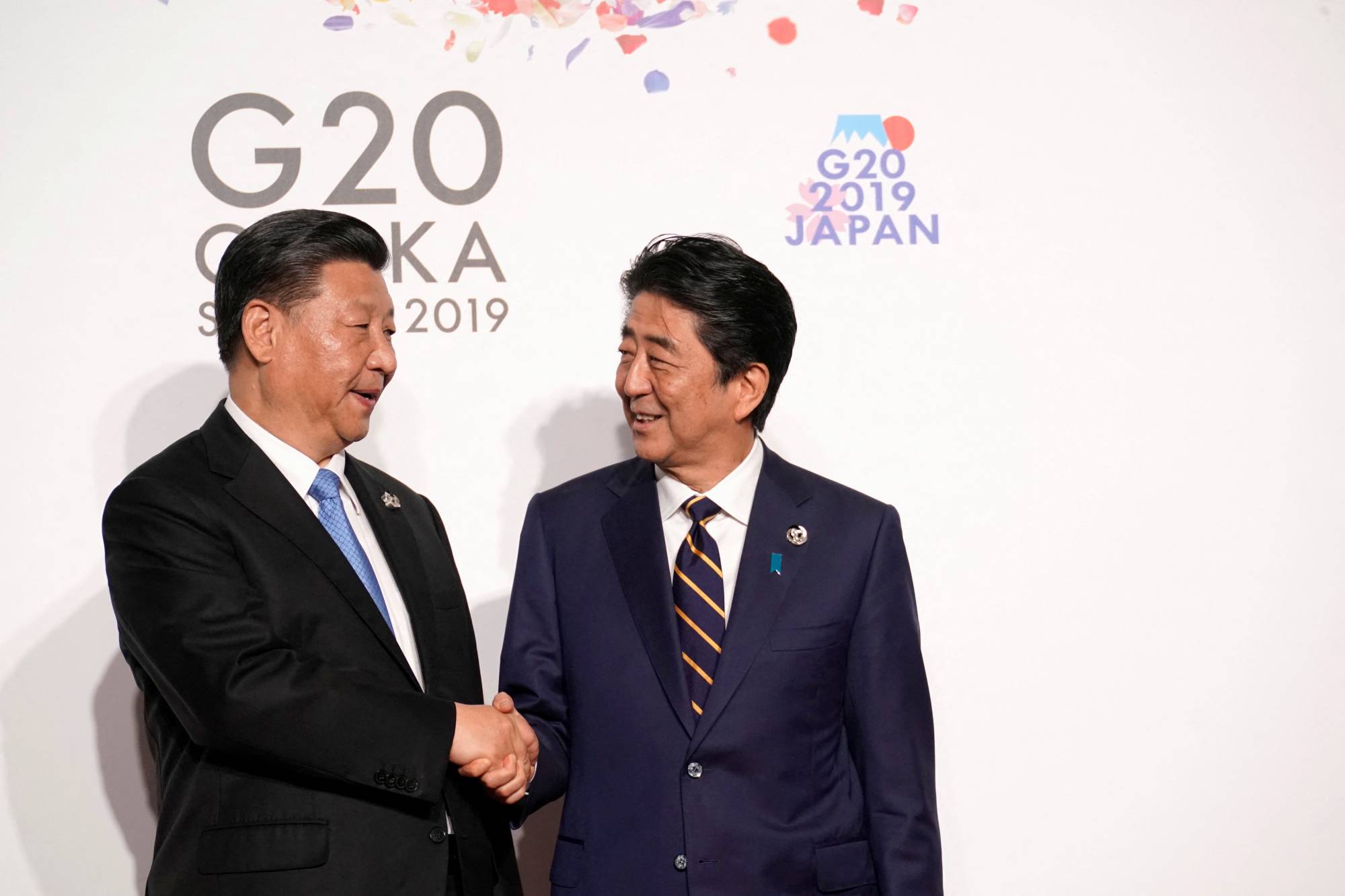Japan and its longtime friends have looked at the assassination of former Prime Minister Abe Shinzo with shock and concern for its future. Japan’s adversaries view it with opportunism.
The fact that a lone gunman used a handmade gun to kill Abe at a political rally in the city of Nara is the kind of political violence that we have not seen in Japan since the early 1960s. The assassination raises questions about the killer’s motivations, the safety of Japanese society and, for some, the state of democracy in one of the most affluent and stable countries in the world.
Abe, the scion of a prominent political family, entered politics in 1993, and rose to political stardom when he was the chief Cabinet secretary of former Prime Minister Koizumi Junichiro in September 2005. He became a short tenured prime minister in 2006 before stepping down due to health issues.



